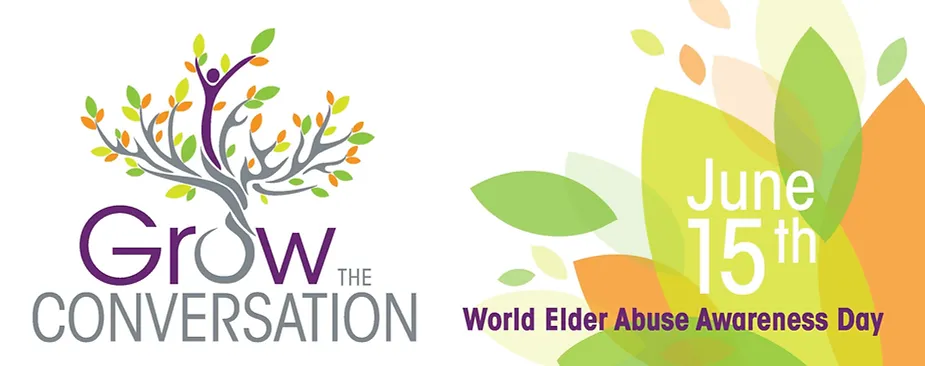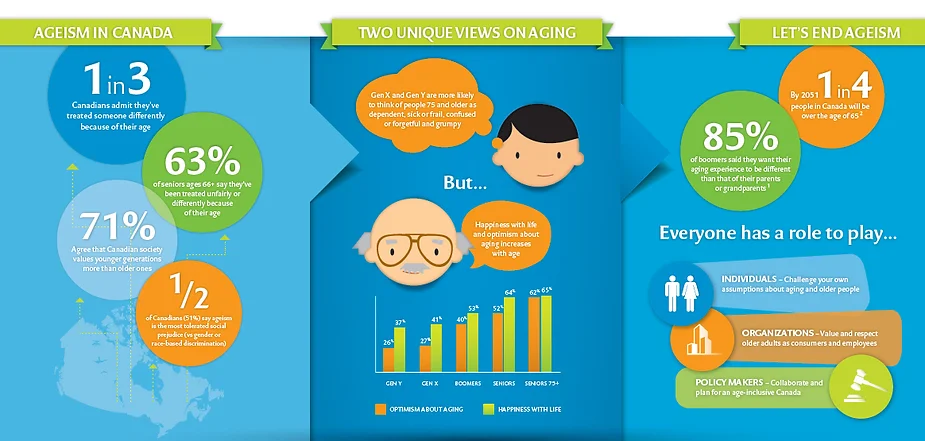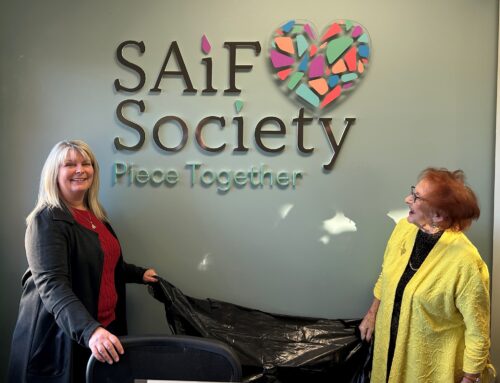June 15th is World Elder Abuse Awareness Day (WEADD). An internationally recognized day which neatly falls into the calendar after Alberta’s Seniors’ Week (June 7th-13th). This week we’re talking about the importance of this day in acknowledging the significance of elder abuse as a public health and human rights issue and ultimately #GrowTheConversation.

Did you know that approximately 10% of Canadian Seniors experience at least 1 form of abuse as an elder? Multiple studies have also indicated that these numbers continue to grow with the aging of the population. Beyond this, only 1 in 24 cases of elder abuse may be reported. In light of these alarming statistics and an aging population, it is more important than ever that we realize the dangers of ageism and talk about its prevalence in society. There are many forms of abuse that can affect seniors such as physical, sexual, emotional, verbal, financial, systemic, or spiritual. The most common of these towards seniors are financial & emotional abuse. Some key areas of vulnerability for seniors are listed below:
- Financial crimes by strangers. A variety of fraudulent schemes fall in this category, including Ponzi schemes (investment), false promises of prizes, aggressive telemarketing, schemes involving health products, and fraudulent home repairs.
- Crime & abuse by relatives and caregivers. This includes the full range of crime and abuse, including physical, emotional, and sexual abuse, as well as financial exploitation and neglect. There is also the undue exercise of control, such as isolating the senior from others or interfering with his or her participation in religious services.
- Crime & abuse in institutional settings. Here again, there is the full range of abuse and, in particular, physical, sexual, and emotional abuse, as well as systemic abuse.
Although people may not be explicitly hostile to a senior in their lives, they may still have conscious or subconsciously hurtful feelings towards them. Over the course of the pandemic, we have been consistently warned about the severe risk of COVID-19 to older people. Sadly, much of this discourse has bred a pre-existing attitude against the elderly: Ageism. Ageism is a prejudice or discrimination on the basis of age, and it is a serious global concern with serious health implications (such as poor mental/functional health, slower recovery from illness & an overall higher mortality risk).

So what can we do about it? Just reading up on elder abuse and seeking out information is a great start towards growing the conversation and ending elder abuse. Having a conversation with your family/friends is also a great way to remove the stigma and make more people aware of it’s severity. If you have seniors in your life, you may also be able to directly help them by recognizing warning signs of elder abuse such as sudden changes to their mental, physicial, or financial well-being. These signs and symptoms may also include:
- Injuries such as bruises, cuts, or broken bones
- Malnourishment or weight loss
- Poor hygiene
- Symptoms of anxiety, depression, or confusion
- Unexplained transactions or loss of money
- Withdrawal from family members or friends
Don’t let ageism stop the conversation #GrowTheConversation
If you know someone who needs help, contact SAIF’s Elder Abuse Response Coordinator.
Learn more & find resources in Alberta: Alberta Elder Abuse Awareness Council (AEAAC)
References
Elder Abuse and Ageism During COVID-19 (psychiatrictimes.com)
Signs of Elder Abuse – Know Warning Signs of Elderly Abuse (nursinghomeabusecenter.com)

